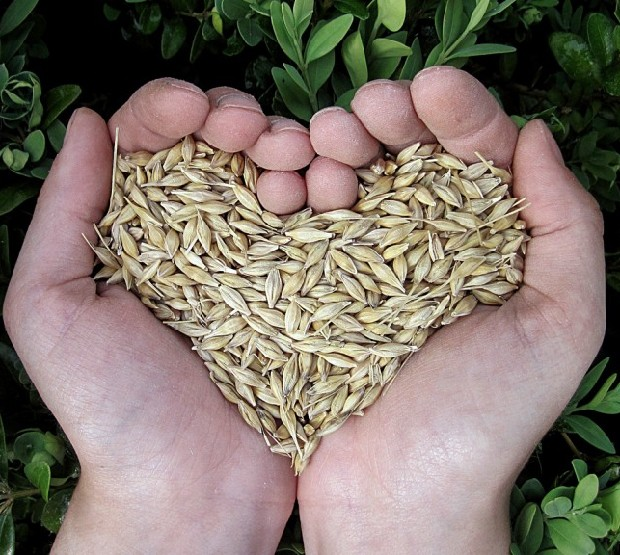Fasting is a totally natural state of the body and it is also a physiological state in which the body burns everything unnecessary and thus renews itself more effectively. But did you know that sport and fasting are totally compatible? So whatwill fasting help you to be more efficient? In this post we explain all the advantages and disadvantages of fasting for an athlete.
First of all I would like to make it clear that the fasting state is a totallye natural and that your body adapts very easily to these periods. It is only now, less than 100 years ago, when you have the possibility of having food at all times, you don't even have to travel to get it: you call by phone and in betweentime you have a hot pizza at your door! Or the Vegan Burger. It has not always been that way. Our ancestors often spent days searching for new prey, eating the few edible plants they could find while hunting.. They were in a total fast and ... they did NOT die from it.
If we look at it from another point of view: what our ancestors did was authentic fasting training!
What does fasting training mean?
- It is a workout in which you do not eat food for at least 12 hours prior (it is the minimum time that has to pass to empty the muscle glycogen). After 20 hours theliver glycogen.
- It also works if you did not eat carbohydrates 6-12 hours before, because that also causes the depletion of muscle glycogen stores, just what you are interested in.
- It is very important that you keeps adequate hydration.
- And another point to keep in mind: you must train with low-moderate intensity. NOTHING INTENSIVE!
What happens to you when you are training on an empty stomach?
Studies show that:
- You keep the glucose level stable for a minimum of 2 hours of training.
- You also keep your basal insulin levels stable, without fluctuations.
- The plasma level of fatty acidsincrease little by little, especially after an hour of exercise.
- You use fat as your main energy source and thus prevent the use of glycogen.
- It uses intramuscular fatty acids more efficiently. You save the glycogen stores so that you can use them in the final stretch of the race, where you have to increase the intensity and win the competition!
- You will recover more easily, as long as you do it in ato correct.
- You will see an improvement in performance in training with the intensity 60-70% VO2max.
At the recovery level: it is essential that you follow the advice that we have given you in the post aboutn-sports-nutrition-after-exercise "> post-exercise nutrition . Yes in brief: after fasting training it is even more important that you consume an adequate amount of carbohydrates and proteins in the ana windowbolic, because this type of training can cause more damage to protein, because the body can use protein from the muscles as an energy source, but with the consumption of protein after exercise the muscle recoversit was faster. And a good portion of carbohydrates slows muscle catabolism.
The key to fasting training is light intensity, not intensive!
What happens is that your body gradually gets used to perceiving glycogen as the most valuable thing and uses it only in extreme conditions, and in other periods it uses fat. So when you have competition or an intensity test mHigher than you train, your body, as you have learned in fasting workouts, will use fat and carbohydrates more effectively. It won't use up all the glycogen at once, but it will use up fat first, and glycogen saved for the stretch. And clhoop that before the competition you have to consume carbohydrates and start the test well hydrated (as always, that never changes) and with the deposits full of glycogen, as we have explained in the-of-the-competition "> previous posts .
The benefits of fasting training are:
- Greater efficiency in the use of energy sources.
- Faster re-symptommuscle glycogen esis.
- Faster muscle re-synthesis in post-exercise and filling of glycogen stores.
- Greater tolerance in states of glycogen deficiency and hypoglycemia.
You will be able to take advantage of fasting training with maximum efficiency, if you practice long-term endurance and ultra-endurance sports (triathletes, marathons, cycling, etc.). You can also do well ifyou are a practitioner of intermittent sports, because it will help you improve muscle glycogen recovery, which is very important in this type of sport. But beware! in this case you should do fasting workouts only when you practice sportsresistance and not when you have a match, because it will not help you, and it will only harm performance, because in this type of sport it is essential to have full glycogen stores.
There are still few studies on thisof this topic, but there are more and more elite athletes who practice fasting training.
Try and tell us how it went!






